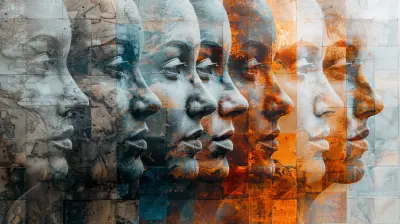The Mystery of Consciousness: An Exploration of Brain and Mind
8 August 2025
Have you ever stopped mid-thought and asked yourself, “Wait… who’s actually thinking this thought?” That little spark — that awareness of being aware — is consciousness. It’s the mysterious thing behind your thoughts, your memories, and your sense of self. But what is it, really? How can a 3-pound blob of gray matter inside your skull create this vivid, rich experience of life?
Welcome to one of the greatest puzzles in psychology, neuroscience, and philosophy: the mystery of consciousness.
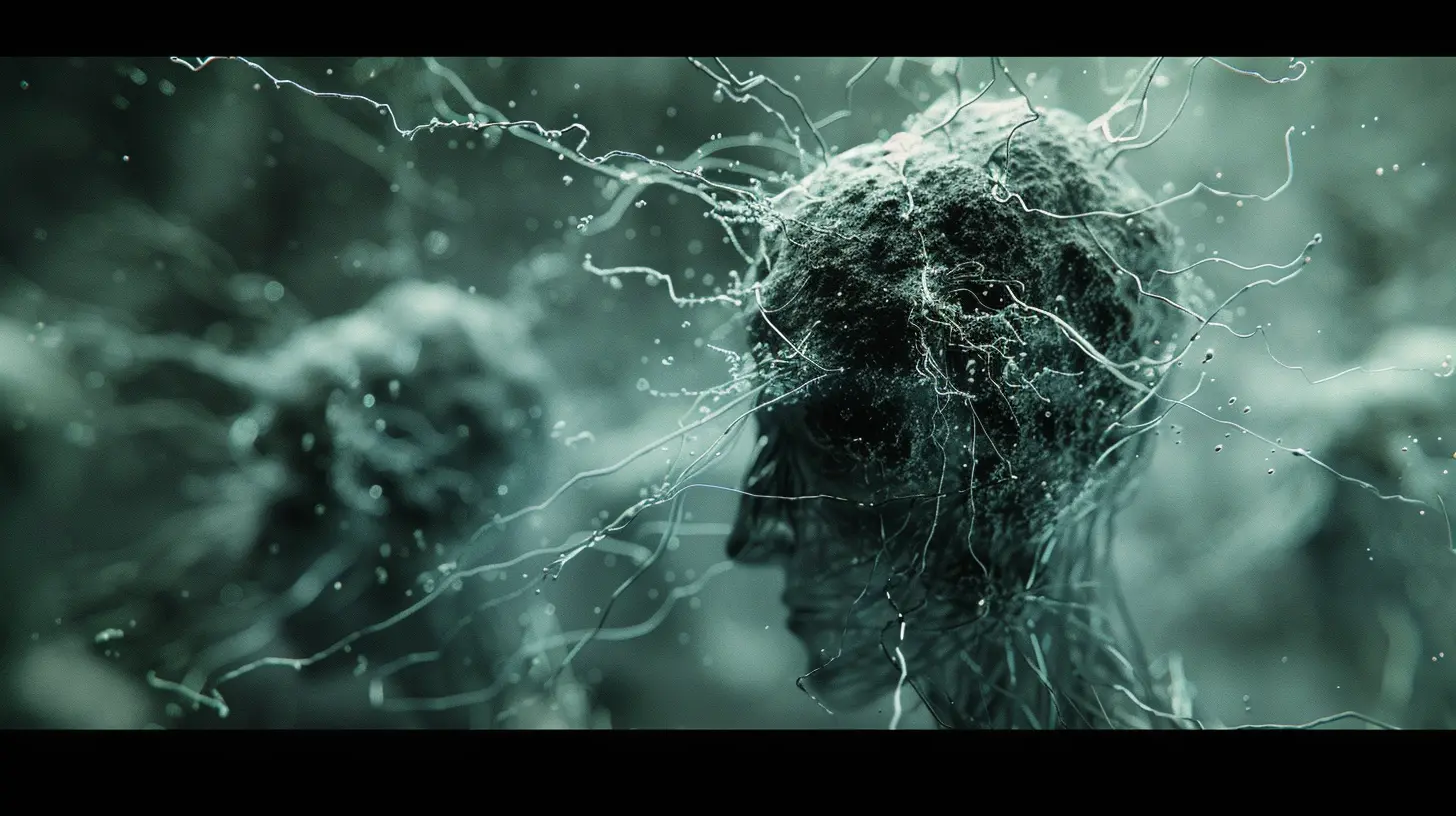
What Is Consciousness, Anyway?
Let’s not overcomplicate it just yet. At its core, consciousness is your inner experience of the world and yourself. It’s the difference between being awake and asleep, aware or unaware, present or zoned out. It’s what lets you taste coffee while thinking about your to-do list and feeling a vague sense of excitement about the weekend — all at the same time.But trying to define consciousness is like trying to define "cool" — you know it when you feel it, but pinning it down scientifically? Much trickier.
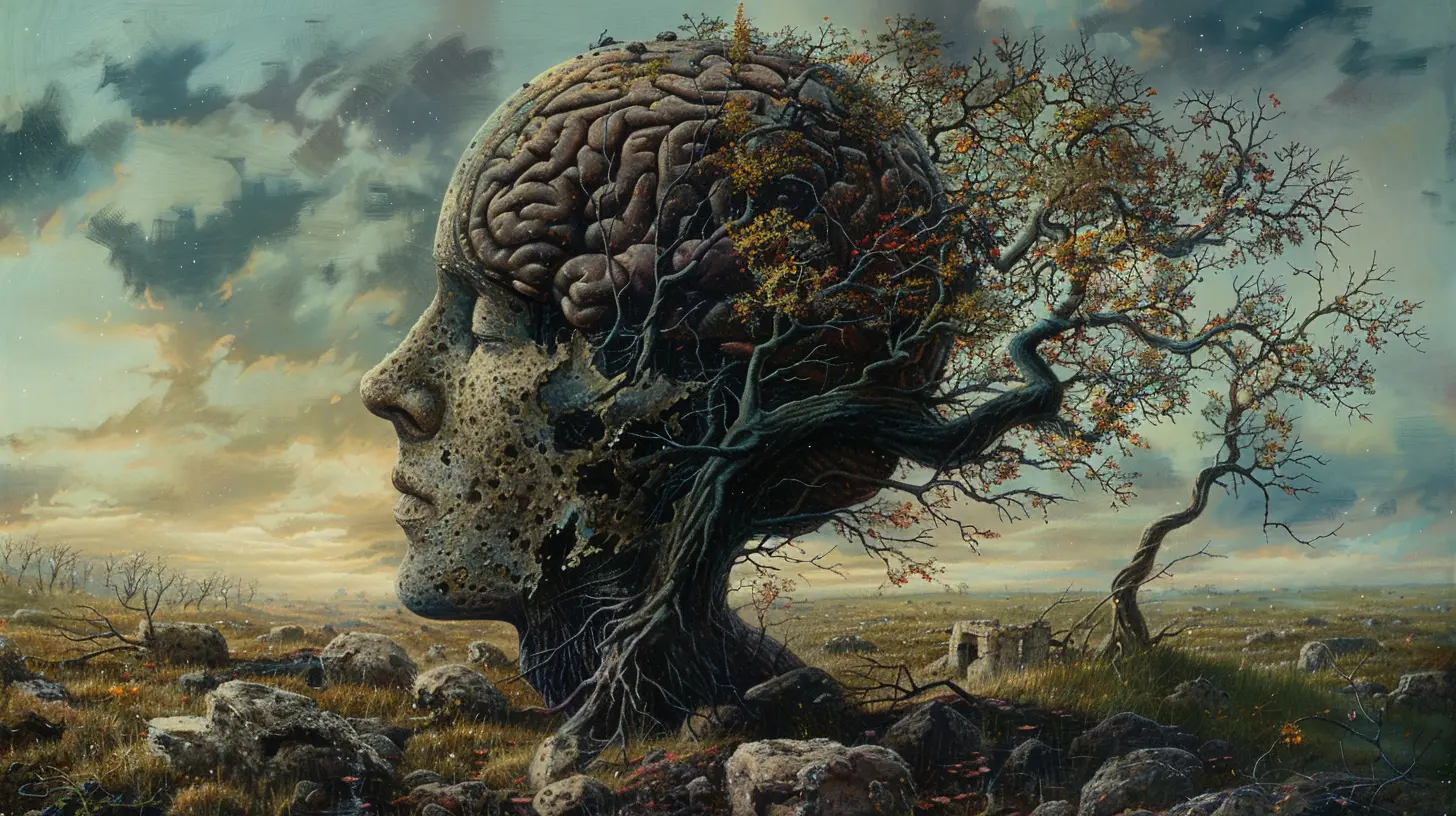
A Peek Inside the Brain: Neurons and Networks
Everything you experience — love, fear, deja vu, or the feeling of nostalgia after hearing an old song — begins inside your brain. It's a densely packed jungle of nearly 86 billion neurons firing electrical signals, constantly chatting with each other like a massive social network.But here’s the kicker: even with all this brain activity, we still don't fully understand how it leads to consciousness. We can see the sparks, trace the circuits, and even suppress or stimulate certain experiences. But the jump from neurons firing to "I think, therefore I am" is still a mystery.
This gap between the brain's physical processes and our conscious experience is called the “Hard Problem of Consciousness” (coined by philosopher David Chalmers). It's not about how the brain processes information — it's about why some of that processing is accompanied by subjective experience.
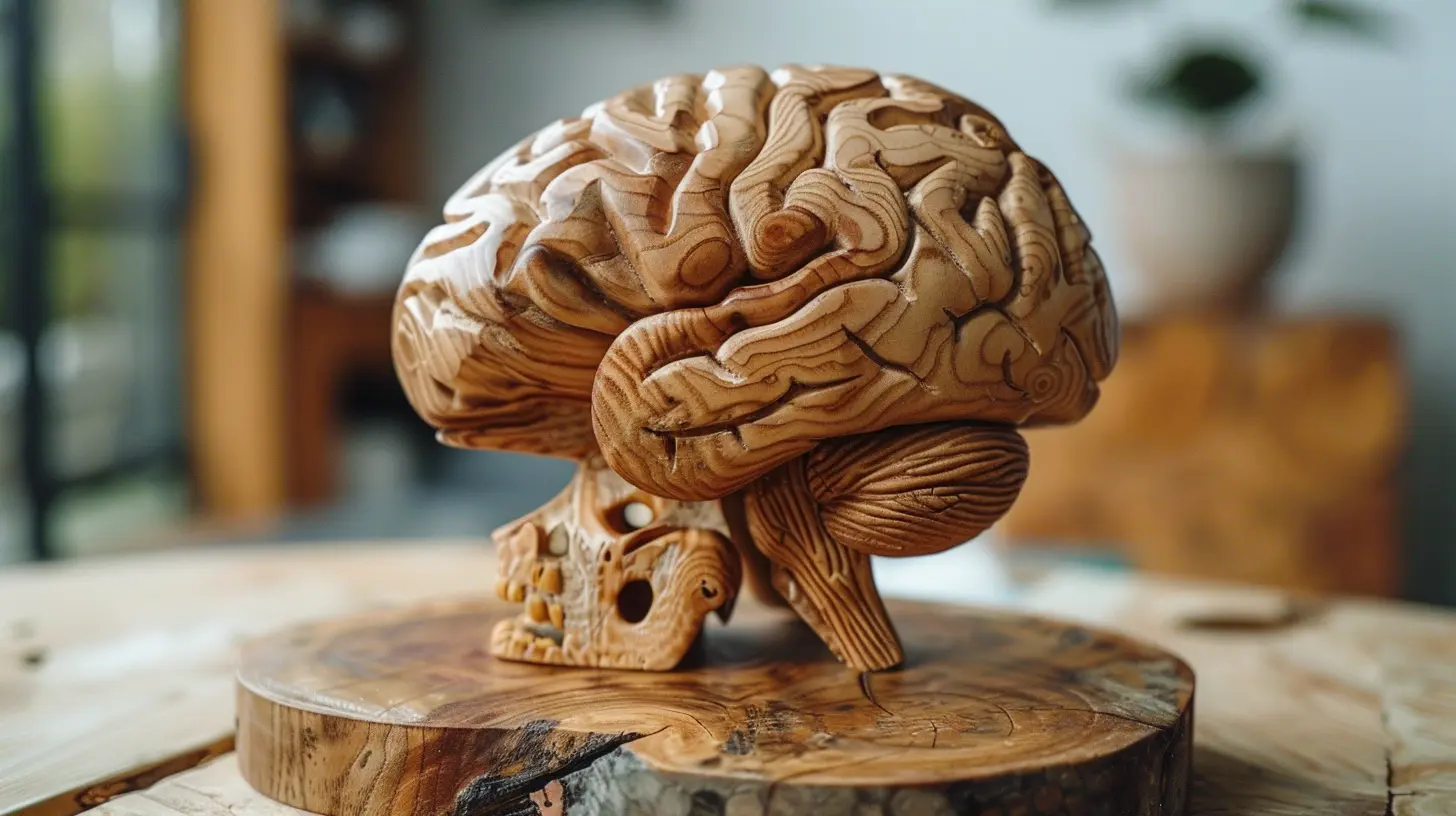
The Hard Problem vs. The Easy Problems
Scientists call it the "hard" problem for a reason. The “easy” problems (which are still incredibly complex) involve things like:- How do we process visual information?
- How does memory work?
- What parts of the brain regulate emotions?
These can be studied through experiments, brain scans, and models. But the hard problem is tougher. It’s not just about how the brain functions, but how and why those functions create experience.
Why does pain hurt? Why do we see red rather than just react to wavelengths? That’s the real enigma.
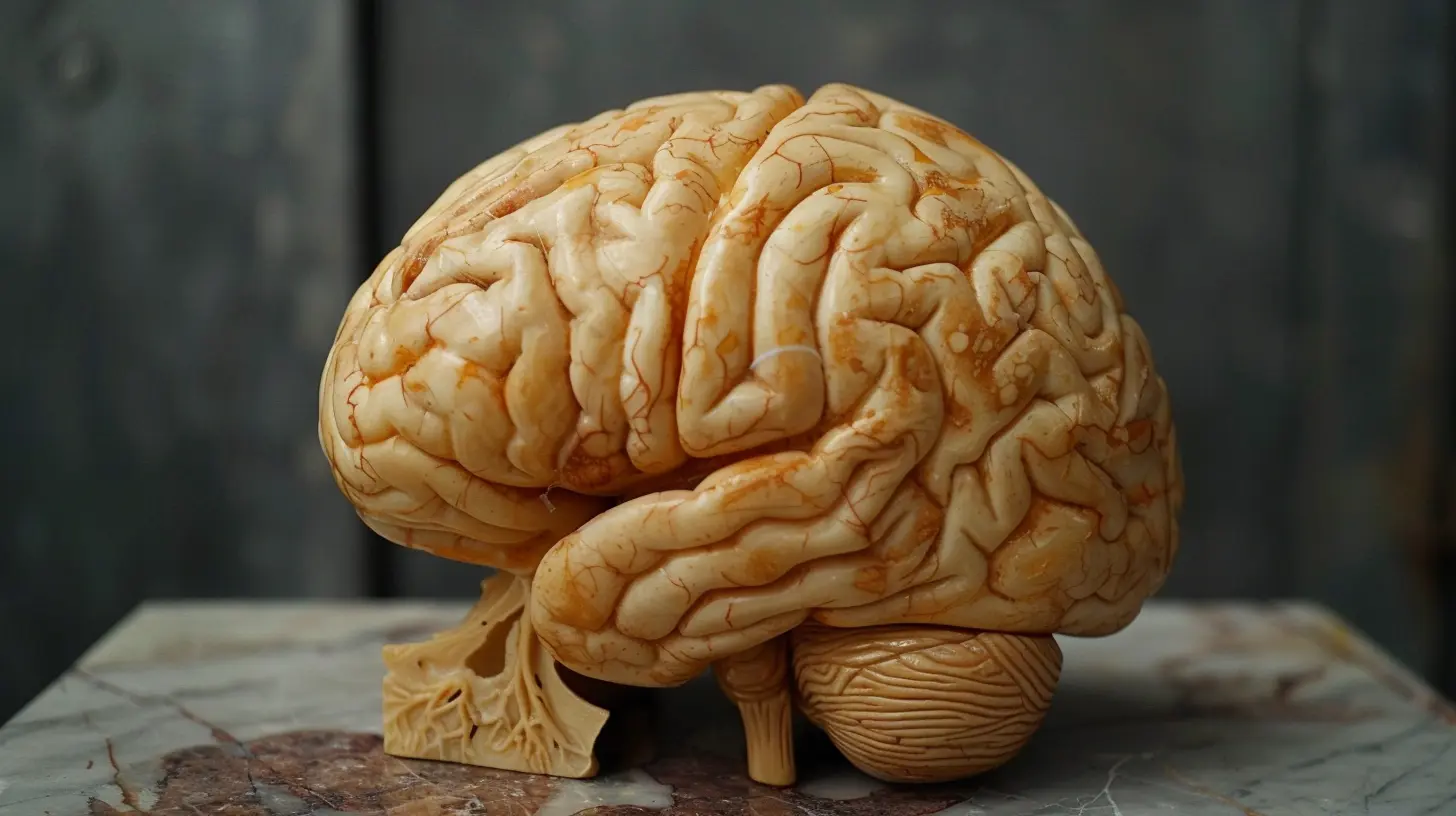
Theories About Consciousness: No Shortage of Hypotheses
Despite the mystery, that hasn’t stopped scientists, psychologists, and philosophers from throwing their hats into the ring. Let’s take a look at a few leading theories:1. Integrated Information Theory (IIT)
This theory suggests consciousness comes from the integration of information. In simpler terms, it argues that when information is interconnected in just the right way, awareness pops into existence.Think of LEGO blocks snapping together in a specific configuration, and suddenly, poof, consciousness appears.
IIT goes a step further and says even non-biological systems (like AI!) could be conscious if they process information in a sufficiently integrated way. Whoa.
2. Global Workspace Theory (GWT)
Imagine your mind as a theater. The spotlight of attention shines on particular information (say, a loud noise or a tickle on your arm), and that gets broadcast to the rest of your brain — like a headline splashed across every part of your mental newspaper.This theory suggests that consciousness is what happens when information becomes globally available — not just processed but accessible to attention, memory, language, and decision-making.
3. Panpsychism
Ready to get a little weird? Panpsychism is the idea that consciousness isn’t just a human or animal thing — it could be a fundamental property of the universe, like gravity or mass.This doesn't mean your coffee mug is "thinking" about its existence. But it might mean that consciousness is woven into the fabric of everything at a very basic level, and complex minds (like ours) just amplify it.
Far-fetched? Maybe. Thought-provoking? Definitely.
Dreams, Meditation, and Near-Death Experiences
Okay, let’s get practical for a minute. Sometimes, consciousness does really strange things. Ever had a dream so vivid you swore it was real? Or sat in deep meditation and felt like your sense of self was dissolving? What about hearing stories from people who flatlined for a few minutes and claim they saw a bright light or felt peaceful floating above their body?These altered states challenge our normal definitions. Are these different "levels" of consciousness? Are we tapping into parts of the mind we don’t usually access?
Science is beginning to dip its toes into these waters. Neuroimaging during deep meditation shows reduced activity in the default mode network — the brain’s “me center.” This seems to support the idea that your sense of self is tied to specific brain circuits. Shut them down, and your consciousness gets…weird.
The Mind-Body Connection: More than Just Biology?
So far, we’ve talked brain science. But let's not forget the age-old debate: is the mind just what the brain does, or is there more?This is where psychology gets philosophical. Dualists like Descartes thought the mind and body were separate — the brain is physical, the mind is spiritual. Monists argue otherwise: the mind emerges from the brain, like a shadow from an object.
There’s no settled answer here. But understanding this connection affects everything from how we treat mental illness to how we build artificial intelligence. If consciousness is purely brain-based, can we upload a mind? Could a computer become self-aware?
And if consciousness isn’t just in the brain… where is it?
Consciousness and Artificial Intelligence
Can a machine be conscious? It’s not just a sci-fi question anymore.With tools like ChatGPT or self-driving cars, machines are showing remarkable “intelligence.” But intelligence isn’t the same as consciousness. Your calculator is smart, but it doesn’t feel anything when it solves a problem.
Still, some experts argue that if we keep improving AI to mimic the brain’s structure and information processing, a conscious machine might eventually emerge. Would it dream? Feel joy? Fear death?
And more importantly… would we even know?
Why Consciousness Matters (Yes, Even to You)
Okay, you might be wondering: why all the fuss? Why should I care about whether or not a robot can be conscious or if my thoughts are just electrical signals?Because understanding consciousness changes how we see ourselves.
It impacts medicine (how we treat brain injuries), law (what makes someone morally responsible), and even ethics (do animals, or AI, deserve rights?). It influences how we relate to other people, how we understand reality, and yes, how we find meaning in life.
If you’re conscious — and you’re still reading this, so you probably are — then understanding what that means is one of the deepest questions you can ask.
So... Will We Ever Solve the Mystery?
Honestly? Maybe. Maybe not. Some believe we’re inching closer with brain scans, theories, and computational models. Others think consciousness might forever be beyond the reach of science — like trying to taste music or see emotions.But chasing the mystery is where the beauty lies. Every discovery about consciousness opens the door to more questions. It’s a never-ending rabbit hole, and that’s what makes it so fascinating.
And hey, if this article made you pause and reflect — just for a second — on your own awareness, your sense of self, the flickering flame behind your thoughts… then you’ve already touched the mystery.
And maybe that's the point.
Final Thoughts: Embracing the Mystery
Consciousness is like the ocean — vast, deep, and largely unexplored. We’re all floating in it, trying to understand what it is, where it comes from, and why it matters. Some days, it’s philosophical. Other days, it’s straight-up psychological. But no matter how you approach it, one truth remains:You are aware. And that alone is a miracle worth pondering.
So the next time you're lost in thought, take a moment to step back and think — not what you're thinking, but who is doing the thinking.
That’s where the mystery begins.
all images in this post were generated using AI tools
Category:
NeuroscienceAuthor:

Eliana Burton
Discussion
rate this article
1 comments
Spencer Hill
This article elegantly delves into the complex relationship between brain function and consciousness, highlighting the ongoing challenges in understanding subjective experience within scientific frameworks. Thought-provoking insights!
September 6, 2025 at 3:37 PM

Eliana Burton
Thank you for your thoughtful feedback! I'm glad you found the exploration engaging and insightful.


